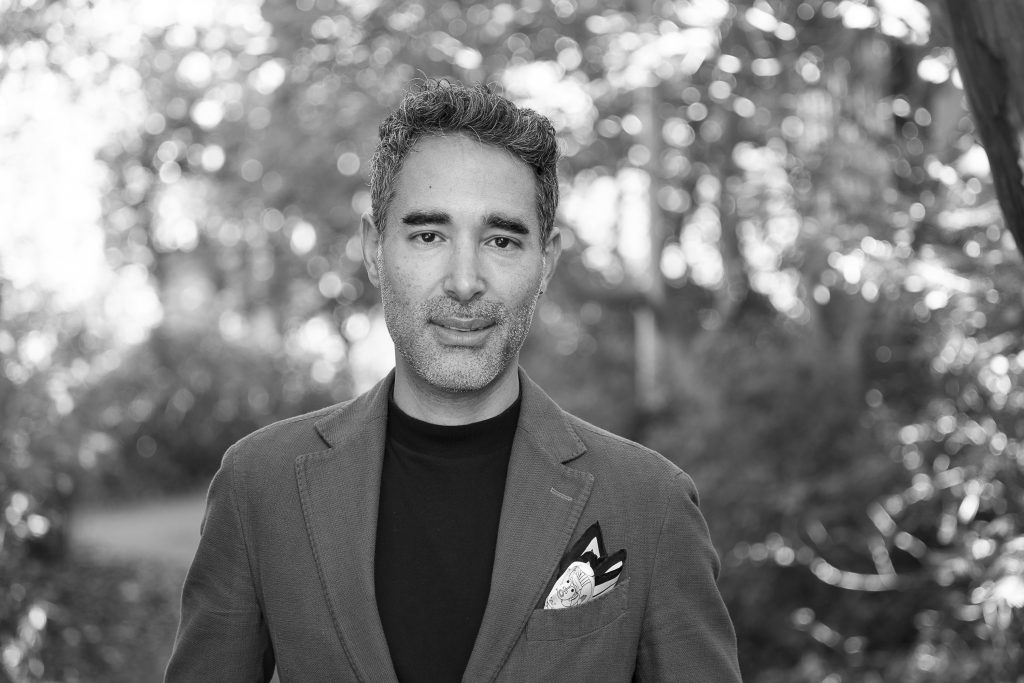Mauricio A. Garcia-Barrera, Ph.D., R.Psych.

“The difference between the child and adult resides in the unfolding of executive functions.” –Martha Bridge Denckla (1996)
A Brief Introduction….
It was not my fascination with neuropsychology, nor my passion for researching controversial constructs and disorders, but this one sentence, by Dr. Denckla, which clearly and concisely portrays why I became interested in the study of executive functions. Better understanding a neuropsychological construct with such an important developmental role, so rooted in the works of the prefrontal cortex -and yet- that may or may not even exist, has been my own personal enterprise. Hence, I am not alone, the study of executive functions has become a top issue for this decade, and in my career I have had the opportunity to come across dozens of researchers puzzled by the same questions.
Looking back, I can see how all the pieces of my career came together around this interest.I am a native of Medellin, Colombia, a geographical region that was once the homelands of the Carib Peoples, and their families of Catía, Nutabe, Tahamí, and the Quimbaya Indigenous Peoples. I obtained my Bachelor in Clinical Psychology at the University of Antioquia in 1999, with an honours thesis looking at the neurotoxic effects -over cognition- of mercury exposure in gold-mine workers. Then, I became a research assistant at the Neuroscience Group of the same university, where I had the most diverse set of experiences: from studying neurodegenerative disorders to prosopagnosia, TBI, and then neurodevelopmental disorders. I became interested in the assessment of neurodevelopment and learning process, and visited the University of Georgia to work with Randy W. Kamphaus, Ph.D., in behavioural measurement. I also became a pre-doctoral research fellow at the Center for Clinical and Developmental Neuropsychology, under the supervision of George Hynd, Ed.D and his team. At the University of Georgia, I completed both my Master’s (2005) and Doctoral degrees (2008).
Now, what am I doing? I am a Professor at the Department of Psychology of the University of Victoria. Most of my current research is conducted at CORTEX, where we are: (1) developing a theoretical and evidence-based model of executive functioning that we call INTERACT; (2) developing ecological, psychometric and cross-culturally valid instruments to assess executive functioning; (3) examining the intersections between brain injury, mental health and addictions; (4) exploring the associations between physical exercise, concussion history and executive functions in young athletes using structural and functional neuroimaging, electrophysiological markers, and computerized testing; and (5), our most recent line of research involves an exploration of psilocybin-assisted therapy for brain injury recovery. As a faculty in the Department of Psychology, I regularly teach an introductory course on human neuropsychology for 3rd and 4th year undergraduates, and a graduate course in neuroanatomy. I am also serving as Associate Dean Research & Graduate Studies for the Faculty of Social Sciences. Finally, I am an Associate Editor for the APA journal Psychological Assessment, and I have served as a consultant for Pearson Inc. (USA) and currently for Tecnoquímicas S.A. (Colombia). I recently served as the Program Chair for the Annual Meeting of the Sports Neuropsychology Society (Denver, 2023); have been recently named among the 2022 Top 10 most influential Hispanic Canadians (Hispanic Alliance of Canada and Global Affairs Canada); I received the University of Victoria REACH Award on Mentorship and Supervision of Graduate Studies (2021); and I was honored with the position of President of the Asociación Latinoamericana de Neuropsicología (ALAN) between 2018 and 2021.